The Afghan presidency
Afghan presidential election appears to be bringing further instability into the region rather than peace and harmony.
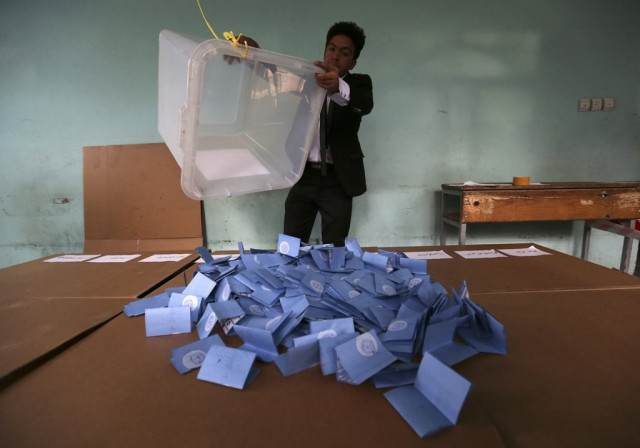
The Afghan presidency
The Abdullah camp is angry because they say that all the fraudulent votes were not excluded from the count, there appears to have been widespread fraud and vote-rigging and as outcomes go, this is as bad as it could be at the worst possible time for Afghanistan. Whatever the harm that the Taliban threatened — a mostly empty threat as it transpired — in terms of damage is insignificant compared to the damage that Afghan politics has now inflicted upon the country. Where it was hoped that the elections may bring resolution and unity they have instead highlighted the ethnic and tribal conflicts that have riven Afghan society for countless generations.
Abdullah Abdullah has a Pakhtun father and a Tajik mother, and derives his support primarily from the northern areas of the country. He fought the Taliban and has strong support in the Tajik minority. Ghani, by contrast, has strong support from the Pakhtun tribes to the south and east, which are Taliban strongholds today but there is no suggestion that he actively supports any of the many Taliban factions. Playing in the background is outgoing president Karzai who is said to favour Ghani and to be complicit in the rigging that produced this anomalous lead.
The confusion has been in no way eased by the election commission itself, which released these interim figures. The body has said that the outcome may change again as they inspect the various claims of fraud, and today’s leading candidate may be tomorrows loser. Which begs the question as to why these interim figures were released at all, knowing that they would further muddy waters and stir already volatile emotions.
Western powers that have invested much treasure and spilt a lot of blood — most of it Afghan — over the last 12 years had hoped for a peaceful transition of power. This seems to be a distant prospect, and a failure to resolve the matter of who is to be president of a deeply unstable and divided state is as much bad news for Pakistan as it is for the Afghans. There is a real prospect of internal conflict in Afghanistan as the ancient divisions spark and catch a-fire in the absence of the restraining presence of foreign forces. Whatever ‘nation building’ foreign powers did over the last 12 years was insufficient to create a cohesive state, and Pakistan now faces the prospect of a conflicted state to the northwest whose conflicts are an eminently exportable commodity — principally to Pakistan.
There will be a search for a cobbled together ‘compromise’ to save face all around, but the bottom line is that the Afghan presidential election 2014 appears to be bringing further instability and uncertainty into the region rather than peace and harmony. The most pessimistic of commentators have the Taliban in Kabul in under a year — a prospect to chill one and all.
Published in The Express Tribune, July 9th, 2014.
Like Opinion & Editorial on Facebook, follow @ETOpEd on Twitter to receive all updates on all our daily pieces.


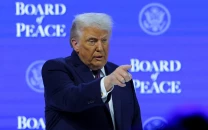
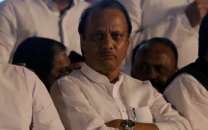
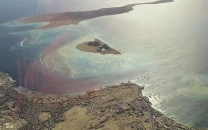
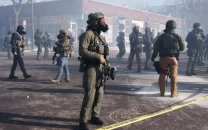
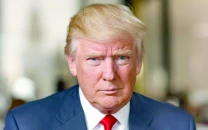












COMMENTS
Comments are moderated and generally will be posted if they are on-topic and not abusive.
For more information, please see our Comments FAQ